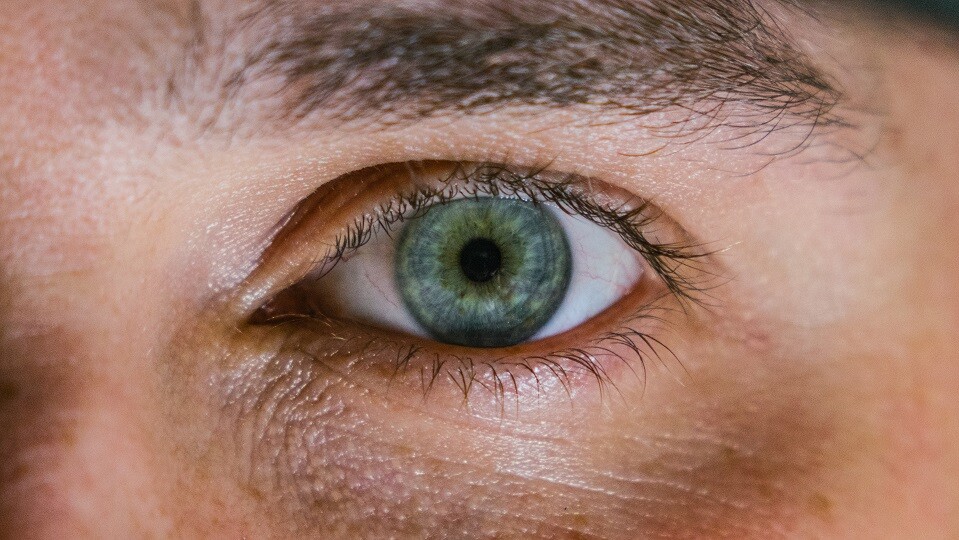As spring accelerates and the sun becomes more and more dazzling, sunglasses become a style detail and extra eye protection. Why are ultraviolet rays so dangerous, and what are the consequences of refusing to wear glasses?
According to Ferida Oussi Ekestubbe, an optometrist at the Lirema Eye Clinic, it is advisable to enjoy the sun in moderation and responsibility. Otherwise, we may damage our health and vision. Scientists and ophthalmologists representing the World Health Organization have been mentioning the damage to the sun’s UV rays for several years.
“According to experts, sunglasses should be worn both in winter and summer. In winter, the sun’s rays reach the ground and through the clouds, and the snow reflects as much as 80 per cent of these rays. As a result, the UV radiation is even higher in winter than in summer in sunny weather, ”says the optometrist.
Sunglasses are extremely effective in protecting the eyes from harmful UV rays at all times of the year. Still, in winter, sunglasses can also protect against strong winds and the associated sensitivity and dryness of the eyes. So, we can refuse the myth that glasses are only needed in the summer. Ophthalmologists offer to wear them as needed all year round.
Long-term effects of UV
“UV damage builds up over time and can have a lasting effect on our eyes and vision. UV rays come in three wavelengths – UVA, UVB, UVC. UVA is the most harmful to our eyes because it passes through all transparent ocular media and reaches the retina, ”says F. O. Ekestubbe.
The International Agency for Research on Cancer is most advised to protect against 100-400nm shortwave UV rays because they act as a carcinogen. The harmful effects of UV can cause skin and eye problems such as inflammation of the anterior segment of the eye – photokeratitis, photo conjunctivitis. It is also characterized by the sensitivity of the eyes, tearing, fear of light.
According to the optometrist, first aid – moisturizing eye drops, artificial tears, and limiting exposure to the sun. Much more serious consequences due to UV rays are retinal damage. This can lead to irreversible vision problems or even blindness. It is also known that harmful UV rays also affect the gradual clouding of the lens of the eye – the occurrence of cataracts. If the lens becomes cloudy, a lens replacement operation may be performed. Modern artificial implantable lenses have UV protection, but it is still advisable to wear extra sunglasses.
“The patients of our clinic are mostly young short-sighted people who apply for laser vision correction. I notice more patients complaining of dry, sensitive eyes in the winter, during the heating season, and in the summer – when dry, hot, sunny. Radiation increases in winter, but the risk of eye damage is higher in summer because we spend much more time outdoors, ”says F. O. Ekestubbe.
Style and health are compatible
According to experts, the most important thing is the size and quality of the sunglasses. They must completely cover the eyes to prevent the sun from passing through their edges. Sunglasses must block 75 to 90 per cent light and detain 90 to 100 per cent UV rays.
“When choosing glasses, look at the label for the UV 400 note. In Europe and our country, lenses of 2-3 darkness spectacles are perfect – this is marked on the inside of the eyeglasses leg. Most of the more expensive glasses also have the manufacturer’s certificates, ”the optometrist explains.
Polarized spectacle lenses are irreplaceable while driving. They neutralize the reflections of horizontal, glossy surfaces – wet asphalt, water surface. We would not be able to do without such glasses in the mountains – the sun is even more dangerous and brighter there. For the visually impaired, it is advisable to choose custom-made sunglasses with diopters or photochromic glasses. Such glasses gradually darken in response to the number of UV rays.
“The eyes should be moisturized as needed. The right artificial tears can help you choose a specialist or pharmacist. Most importantly, these are preservative-free. It is important to know that instilling them does not protect against the harmful effects of UV rays on the eyes, ”advises F. O. Ekestubbe.
Artificial tears moisturize the eyes, restore the tear film – natural protection for the surface of the eye. Still, no scientific research today has proven that moisturizing eye drops would significantly protect against UV rays, and sunglasses would not be needed.
Prevention is the best medicine
Sunglasses coatings must be of good quality and undamaged. If the glasses’ lens is scratched or otherwise mechanically damaged, it is worth worrying about and buying new sunglasses. If the protective layer of the spectacle lenses is damaged, 100% protection against harmful sun rays is lost.
According to F. O. Ekestubbe, at the beginning of the warm season, it is advisable to remember to take care of your vision and the body’s general health.
“It is recommended not only to wear sunglasses, which are both – part of the image and protection but also to eat healthily and include vegetables and fruits in the ration. One of the most important factors of healthy vision is at least an hour spent in the fresh air every day, focusing on distant objects, and physical activity is inseparable from health, ”concludes the optometrist.
